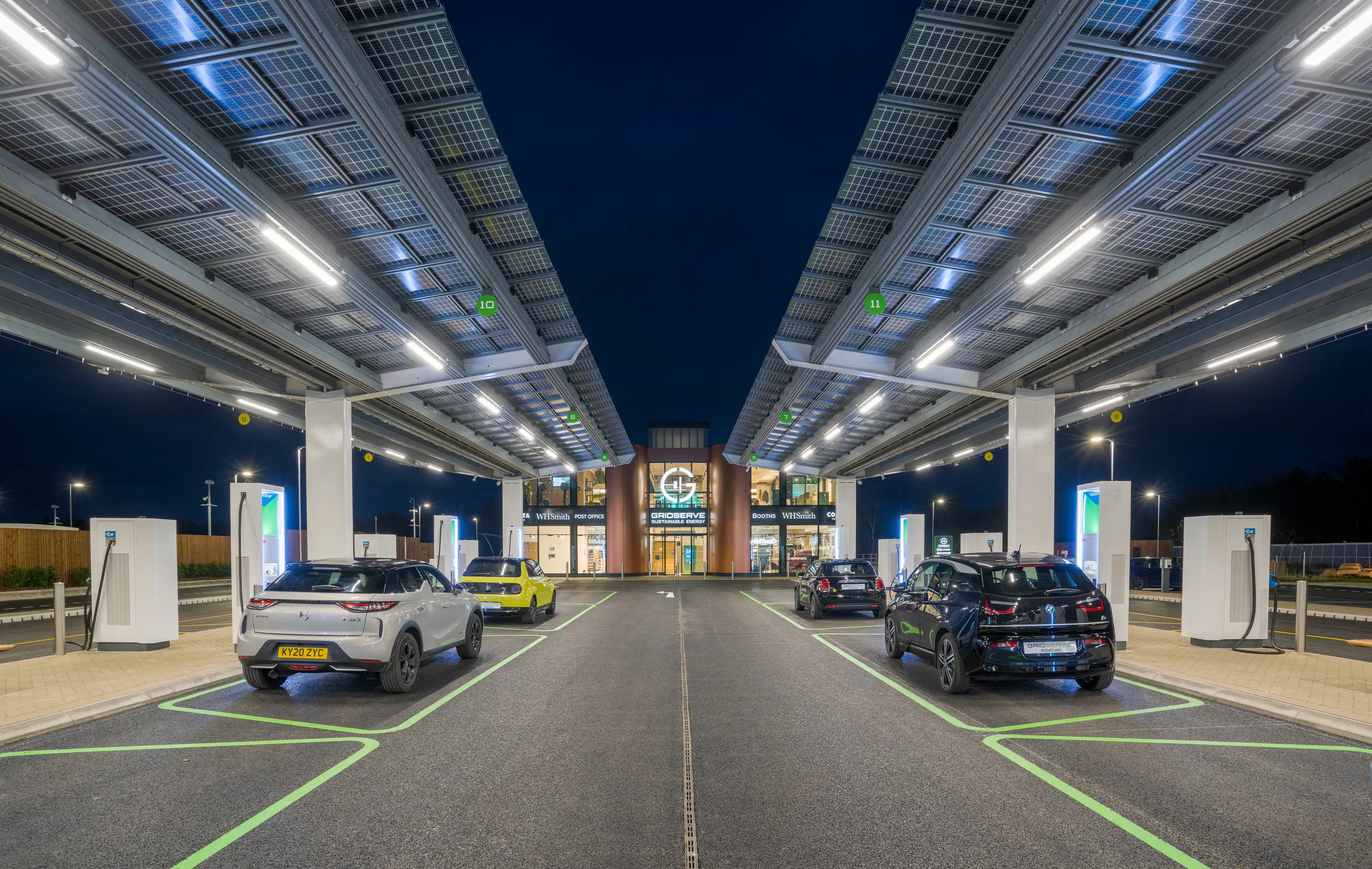Chinese ride-hailing giant predicts mass production of robo-taxis by 2025
By Adam Hill
June 26, 2020
Read time: 1 min

Chinese ride-hailing platform DiDi Chuxing says it wants a million autonomous vehicles (AVs) on its platform in the next 10 years.
Reuters reports that Meng Xing, chief operating officer of DiDi’s AV unit, expressed the hope during an online conference hosted by South China Morning Post.
The AVs, or robo-taxis, would be used to boost capacity in areas where there is a shortage of ride-hailing capacity.
Meng said AVs would be in mass production by 2025.
Last year, DiDi introduced 30 AVs operating at SAE Level 4 in the Jiading District of Shanghai, after showcasing the robo-taxi service on a closed track at Shanghai’s World Artificial Intelligence Conference.








